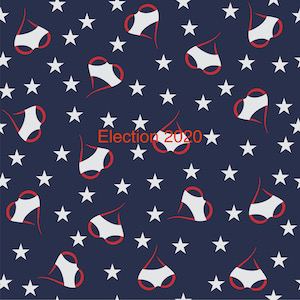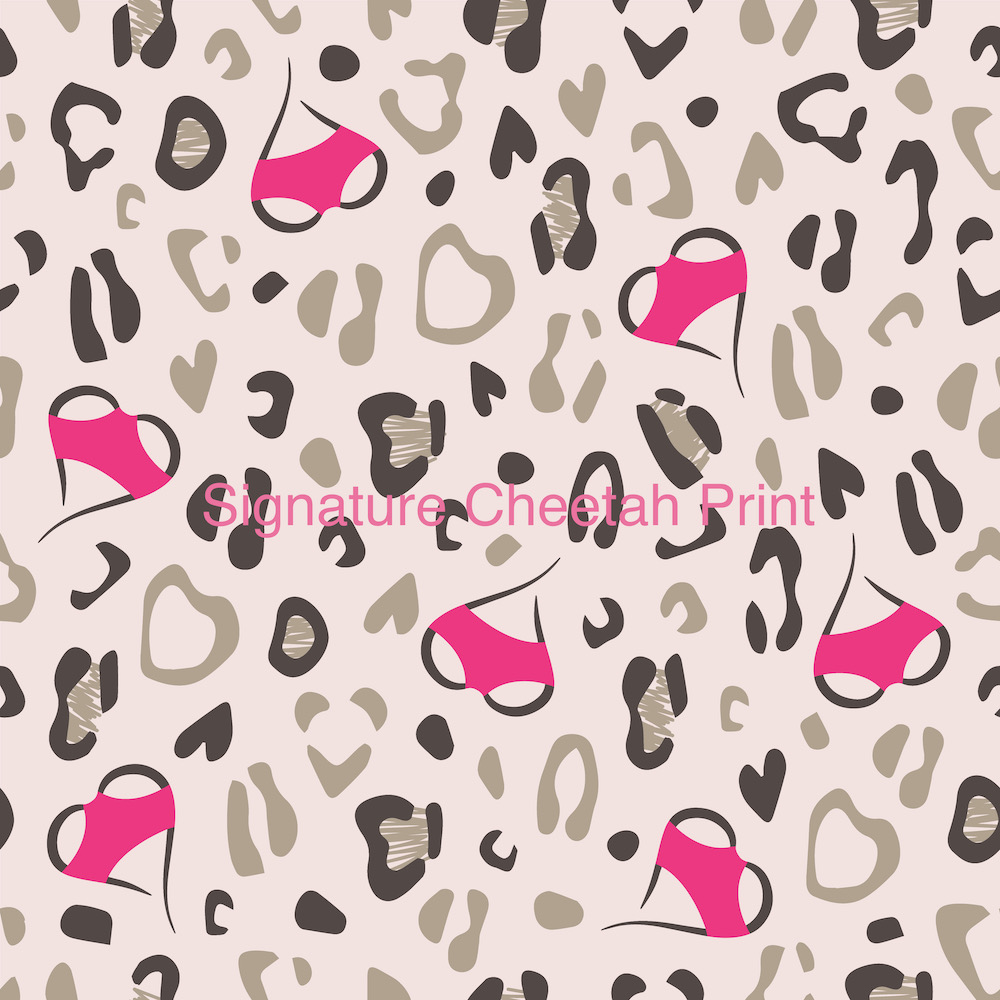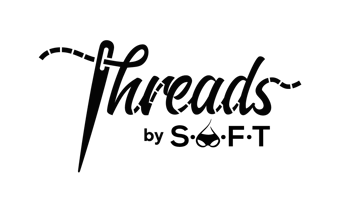Our Election dog coats and signature cheetah print uses non-toxic dyes and a pollution-free process to add a little flair without hurting the environment.
We all love bright vibrant colors in our clothing. But the apparel dyes used in producing those colors require the use of toxic hazardous chemicals and such large quantities of water that fabric dyeing is the largest source of water pollution on our planet, discharging polluted water into nearby water sources.


Thread by S.O.F.T. believes that the best fashion must first embrace the most sustainable practices, and for that to happen, we are focusing on maximizing the reduction of our underwear’s water and water pollution footprint, to get as close to zero as possible.
We came across a new ground breaking sustainable printing technique called ZERO-D. As the name suggests, it is a Zero Discharge digital printing technology. This technology is so revolutionary that COTTON USA, a world renown trade organization, promotes this technology on their Innovation webpage. ZERO-D requires only 1% of the normal water needed in dyeing, uses no toxic chemicals, and has zero pollution. The textile colorants themselves are inert and non-toxic, and are described as Nature’s Dye - clean, harmless, efficient, beautiful, and zero pollution. Threads by S.O.F.T. believes the best fashion must first embrace the most sustainable practices, and by bringing together organic cotton with ZERO-D, we are proud to say that Threads by S.O.F.T. apparel water footprint has been reduced by over 90% combining water savings from both the fabric and Nature’s Dye, and our water pollution footprint is a beautiful and natural ZERO.
The first thing we did was to choose natural organic cotton. Regular cotton requires about 1200 gallons of water to grow and process 1 pound of cotton - that’s enough water to cook over 3000 cups of instant noodles. Organic cotton is grown with far less water and relies on rain water rather than diverting streams and lakes through irrigation. It is also produced without using harmful chemicals and uses about 46% less CO2 compared to regular cotton.
While sustainable fabric is helpful to reduce the water, chemical, and energy footprint of apparel, the vast majority of fresh water use and pollution in textiles comes from the dyeing process. 85% of the water footprint in dyed fabrics comes from the dyeing process alone - that’s 1.3 TRILLION gallons of fresh water used each year for fabric dyeing alone in the industry, enough to make 5-10 TRILLION loaves of bread. So we set out to find a dyeing technology for cotton that can make a real-world impact, as close to zero discharge as possible, much like electric cars are zero emissions.
